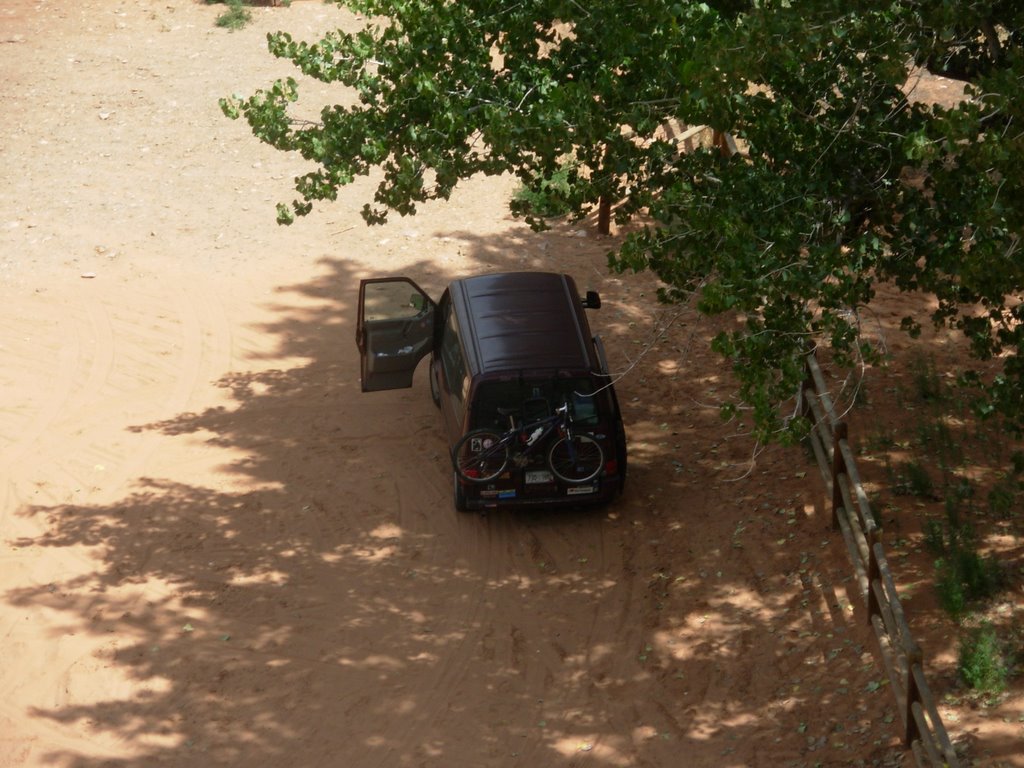
|
Our road trip
We should decide soon on a place to live - let's not forget where we've been so far. Click on the map to check out the stops along our trip!
|
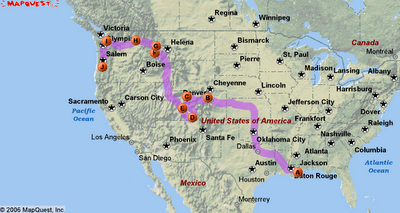
This is the longest road trip I've ever experienced. We've been driving hundreds of miles past some of the most interesting countyside in the west. The whole time, searching for a place to call home. With the end of our trip in mid-September drawing near, I am beginning to think about where I want to be. What cities had the best progressive communities and job options for my friends? What public lands offer the best job options for me? Where can we most easily grow our own vegetables?
Well, well, well... three weeks on the road and what have we learned, class? That I don't want to pay for gas ever again in my life? That you can't keep salad mix for three days in an ice chest? That realtors and mortgage firms keep asking for a mailing address?
Wait just a second. We were supposed to be deciding on *the Best* place to found a locally-based, sustainable, rural farm community educational center HOME. So let's review what we've learned. First of all, we have clarified our vision for both the property and the geographical area that we seek.
We are looking for property that is:
- within an hour's drive of a major city or progressive town
- sunny, flat, and fertile enough for growing food
- available to build one or more structures, legally and practically
- large enough that 5 to 15 residents don't feel crowded when there are 10 to 20 visitors (which translates to roughly 5 acres minimum, preferably 10 or more)
- at least partially forested
- hopefully close to a lake or stream
- ideally surrounded by friendly neighbors
- beautiful
located in a geographical area that is:
- sunny and warm enough days of the year to grow food
- rainy enough to replenish the aquifers
- within 1 hours commute to job opportunities
- within 1 hours drive to a progressive city or town
- relatively affordable to purchase acreage (less than $40,000 per acre...hmm...preferably much less)
So, how does that match up to what we've found so far?
Here is the average precipitation for some of the places we've visited (and Alaska for kicks) Click on the chart to see it full size.

Denver, Missoula, and Spokane have less than 20 inches of precipitation per year. Any farm or garden there would be highly dependant on irrigation. Quillayute on the Olympic Peninsula of Washington gets over 100 inches per year!
Here are the average minimum temperatures for the same cities. Click on the chart to see it full size.

Notice that Quillayute, Seattle, Portland, and Eugene frost only mildly, whereas Denver, Missoula, and Spokane are far enough inland to frost heavily. Homer, AK is on the Pacific Coast, but far enough north to drop down to and average of 15F.
What about jobs and land prices?
Missoula has a growing job market, and there are quite a few progressive organizations in and around town. It's surrounded by wilderness and farms. Quite a few of the residents said that more and more people are moving in to the area around Darby and Hamilton, south of Missoula, in the Bitterroot Valley. Land prices are rising accordingly. Currently, valley bottom land with water access, without improvements is $15,000-30,000 per acre. Don't forget - no water rights, no food.
Water is also a precious commodity in Spokane. Surrounded by wheat fields, the few mountainous valleys would be good settings for our center. Its progressive community is growing as well. Land is the least expensive that we've seen on the trip. There are a few areas where you can find property matching our search criteria at $10,000 per acre.
Bellingham, on the west coast, is powered economically by Seattle to the south and Vancouver to the north. The list of progressive organizations is there is staggering. We found eco-realtors at http://www.greenworksrealty.com to talk to about sustainable building, affordable cohousing, and other environmentally and socially conscious development. Whatcom county is willing to work with people like us to approve site plans. They even like composting toilets! Land prices are higher than any place we've seen, but they drop off slightly with increasing distance from town to the east, hovering around $15,000-$30,000 per acre.
The Olympic Peninsula, green and wet, is quite large compared to the population of its small cities on its northeastern edge. The top of the entire watershed is protected inside the Olympic National Park. It is more difficult to find jobs in Port Townsend and Port Angeles compared to a larger city, though. People come to the peninsula for recreation - hiking, camping, fishing, Sunday driving - so many jobs would drop off in winter. Organic farms and really nice down-to-earth people are as ubiquitous as the breathtaking landscape. Land is affordable in some locations, really expensive in others at $5,000-40,000 per acre.
The Eugene area, including Corvallis to the north and Cottage Grove to the south are working towns that are still recovering from the timber bust of the "late 1900's" Luckily, the University engine still powers the economy here. Surrounded by clear cuts, there are some beautiful mountain valleys where hippie homesteads have survived the exodus from San Fransisco for decades. There is a biofuel station in town, serving biodiesel and ethanol, and a thriving farmer's market. Land can be anywhere from $10,000-30,000 per acre.
We have yet to explore Portland fully, but so far we have found several green realtors:
Cascadia Homes Realtors, Roots Realty, and GreenHousing. More to come on our way back north.
I can't wait to explore the area surrounding Ashland including the Applegate valley. Situated between the Cascade and Siskiou Mountains, tons of organic vegetable and herb farms dot the mountain valleys. I only hope that we can digest and synthesize what we've seen enough to make a decision about where to live in a week...no pressure.
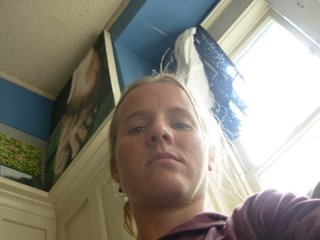


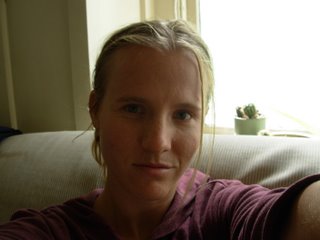



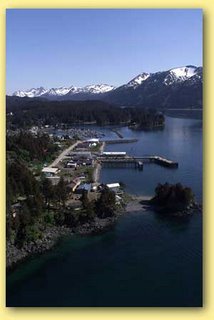 SELDOVIA
SELDOVIA




